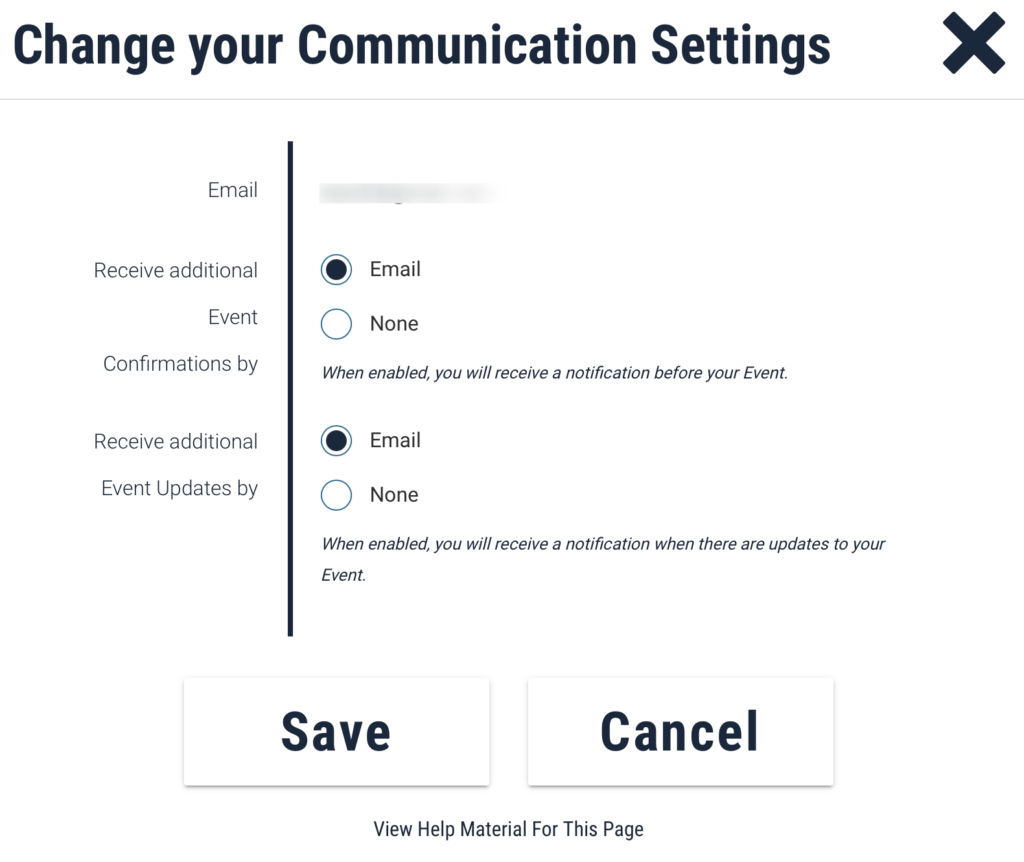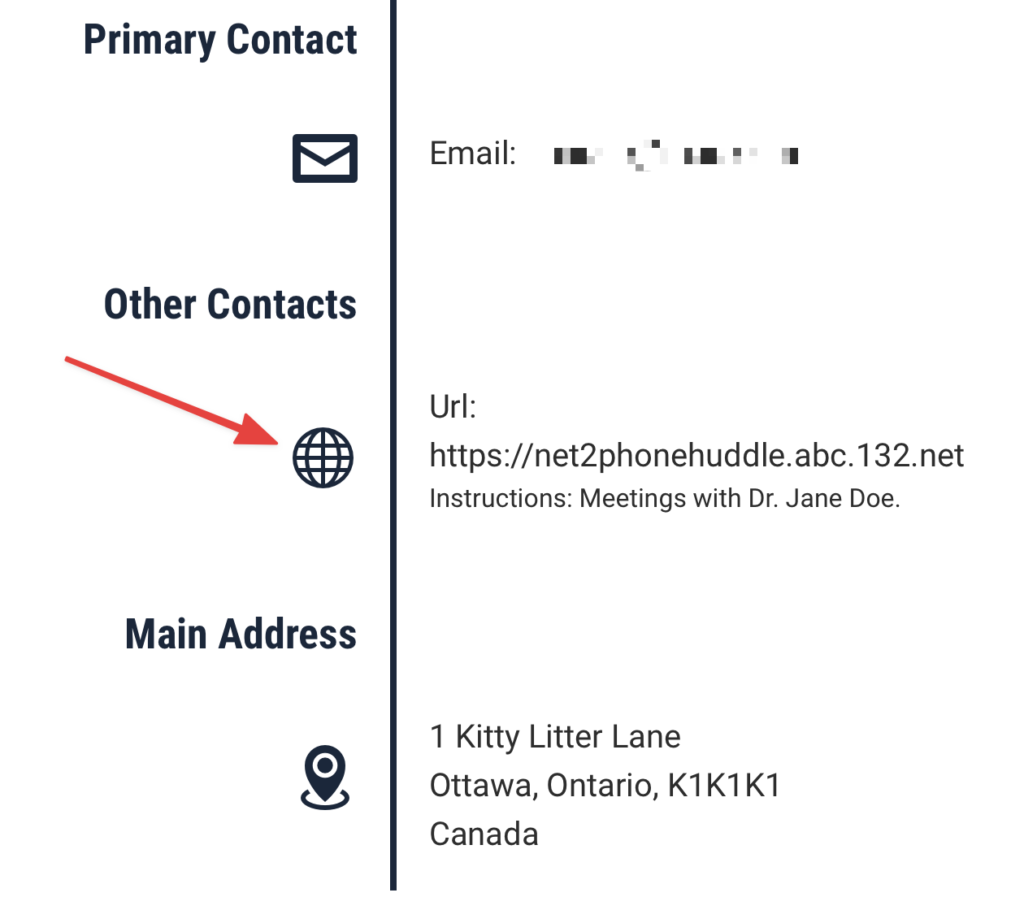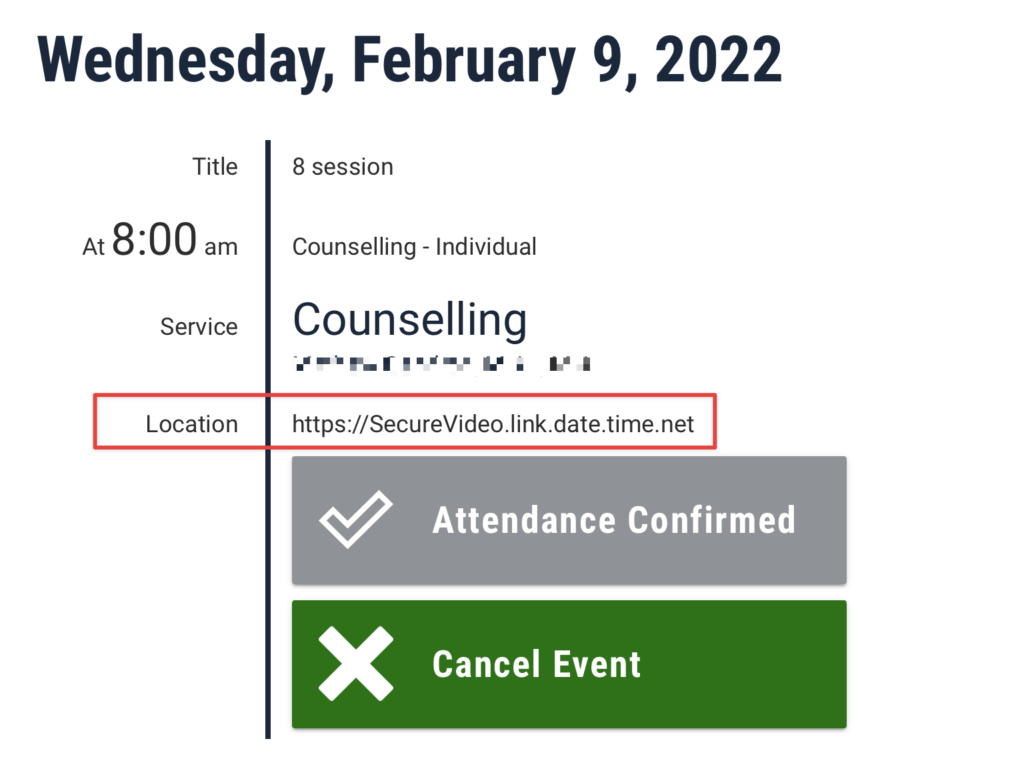By: Anya Rameshwar, B.A., R.P. (Qualifying)
Please note that the worry and sadness associated with a long-distance relationship can vary significantly from person to person — and no two experiences are exactly alike. For more, we recommend consulting with a mental health professional. You can find resources at the bottom of this post.
A long-distance relationship is a romantic relationship between people who live far apart and cannot meet frequently. Most couples have been confronted with this dilemma at some point, whether it be ongoing, temporary, unexpected, or anticipated. The experience brings heartache, sadness, and even anxiety in any scenario, with doubts, fears and “what will become of us” questions.
But don’t let those lingering worries and late-night ruminations overwhelm you. Having to separate from your romantic partner(s) means learning to navigate long-distance relationships.
Focus determines direction. Focus on maintaining your relationship(s) while apart, and you’ll be successful.
To help you navigate these changing dynamics, here are relationship cornerstones you can focus on when building up and strengthening your partnership(s).
The 4 pillars of a long-distance relationship.
- Passion – Nourish the passion in your relationship(s). This contributes to greater fulfilment – both in and out of the bedroom – as well as happiness and well-being.
- Romance – Enhance the romance in your relationship(s). Preserve some of the elements that were present from the early stages of your attraction.
- Communication – Share what you need, what you want, and what you don’t want with your partner(s)— actively discussing the relationship(s) and assuring ongoing commitment.
- Trust – Be honest and forthcoming. Be transparent and allow space to explore topics that might trigger your mistrust. Keep and follow through on commitments you make.









